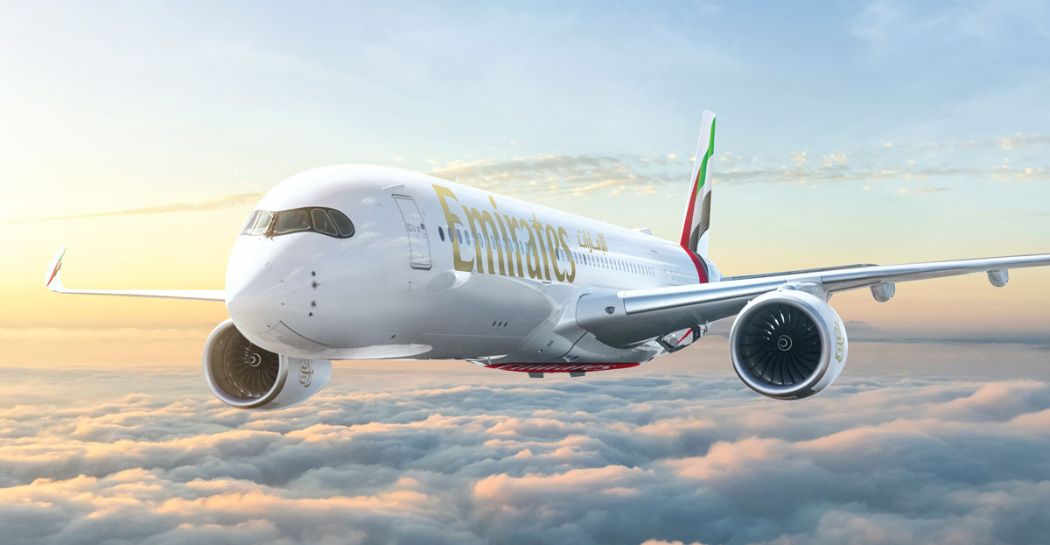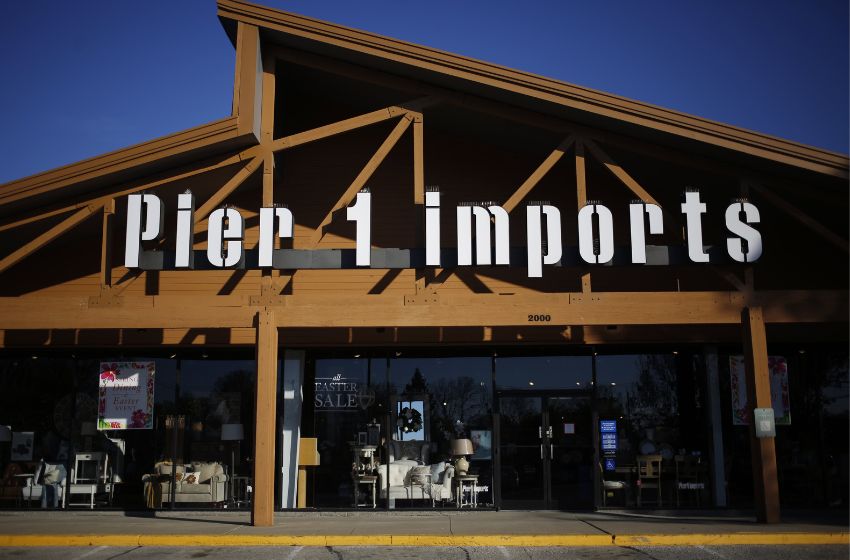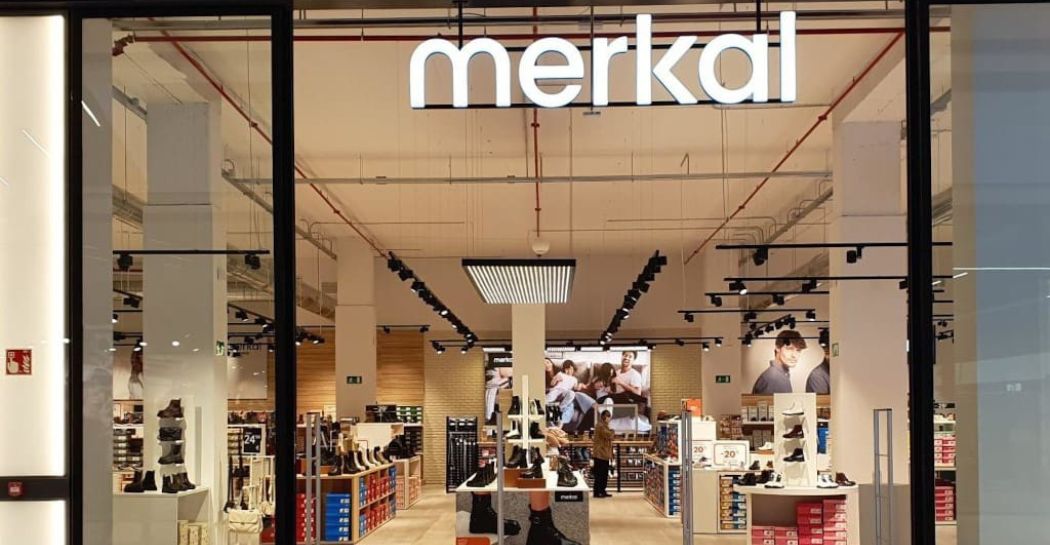
Emirates Airlines has played a pivotal role in shaping Dubai’s global image and economy since its inception in 1985. What started as a small airline with only two aircraft has grown into one of the world’s leading carriers, with a fleet of over 250 aircraft serving more than 150 destinations. As Dubai’s flagship airline, Emirates has not only expanded its reach across the globe but has also significantly contributed to the city’s transformation into a leading global hub for tourism and commerce. This blog explores the profound impact of Emirates Airlines on Dubai’s tourism and economy, highlighting how the airline has fueled growth, enhanced connectivity, and positioned Dubai as a major player on the world stage.
The Genesis of Emirates Airlines: A Catalyst for Dubai’s Growth
When Emirates Airlines was launched in 1985, Dubai was a rapidly developing city with ambitions of becoming a major international hub. The creation of Emirates was a strategic move by the Dubai government to establish a homegrown airline that could connect the city to the rest of the world. The airline’s early success was fueled by Dubai’s strategic location between Europe, Asia, and Africa, allowing it to serve as a gateway for international travelers.
Emirates quickly expanded its fleet and network, establishing itself as a key player in the global aviation industry. The airline’s growth mirrored Dubai’s own development as a global city, with both entities benefiting from each other’s success. Emirates ability to attract international travelers played a crucial role in putting Dubai on the map as a leading destination for tourism, business, and investment, laying the foundation for the city’s rapid economic growth.

Boosting Tourism: Emirates’ Role in Attracting Global Visitors
Emirates Airlines has been instrumental in driving tourism to Dubai, helping the city become one of the most visited destinations in the world. By offering direct flights to over 150 destinations, Emirates has made it easier for travelers from all corners of the globe to visit Dubai. The airline’s extensive route network has opened up new markets, attracting tourists from emerging economies as well as established markets.
Moreover, Emirates commitment to providing a world-class in-flight experience has enhanced Dubai’s appeal as a premium destination. The airline’s reputation for luxury and comfort has attracted high-spending tourists, boosting the city’s hospitality, retail, and entertainment sectors. The influx of tourists has also led to increased demand for hotels, restaurants, and other tourism-related services, creating jobs and contributing to the local economy. Today, Dubai’s tourism industry is a major contributor to the city’s GDP, with Emirates Airlines playing a central role in its success.
Enhancing Global Connectivity: Dubai as a Gateway City
One of the most significant impacts of Emirates Airlines on Dubai’s economy has been its role in enhancing global connectivity. The airline’s strategic expansion has transformed Dubai into a major international hub, connecting passengers from across the world to various destinations. Dubai International Airport, which serves as Emirates hub, is now one of the busiest airports in the world, with millions of passengers passing through each year.
This enhanced connectivity has not only boosted tourism but also facilitated trade and investment. Businesses from around the world are drawn to Dubai’s strategic location, making it a key hub for international trade and commerce. Emirates extensive route network has made it easier for companies to access markets in the Middle East, Africa, and Asia, further solidifying Dubai’s position as a global business center. The airline’s role in connecting Dubai to the world has been a driving force behind the city’s economic diversification and growth.
Supporting Economic Diversification: Beyond Oil and Gas
Dubai’s economy has traditionally been reliant on oil and gas, but the city’s leadership has long recognized the need to diversify its economic base. Emirates Airlines has been a key player in this diversification strategy, helping to develop sectors such as tourism, aviation, hospitality, and retail. By attracting international visitors and businesses, Emirates has contributed to the growth of these industries, reducing Dubai’s dependence on oil revenues.
The airline’s success has also spurred the development of related industries, such as aerospace, logistics, and aviation services. Dubai has become a hub for these industries, creating thousands of jobs and attracting investment from around the world. Emirates impact on the economy extends beyond tourism, as it has played a crucial role in supporting Dubai’s transition to a more diversified and sustainable economic model. This diversification has made Dubai more resilient to economic shocks and has positioned the city for long-term growth.
Creating Employment and Driving Innovation
Emirates Airlines is one of the largest employers in Dubai, providing jobs for tens of thousands of people, both directly and indirectly. The airline’s growth has led to the creation of a wide range of jobs in areas such as aviation, hospitality, retail, and logistics. These jobs have not only provided employment opportunities for Dubai’s residents but have also attracted skilled professionals from around the world, contributing to the city’s diverse and dynamic workforce.
In addition to job creation, Emirates has been a driving force behind innovation in the aviation industry. The airline has invested heavily in new technologies, such as advanced aircraft and state-of-the-art in-flight entertainment systems, setting new standards for the industry. Emirates commitment to innovation has also had a ripple effect on other sectors, encouraging businesses in Dubai to adopt new technologies and stay competitive in the global market. The airline’s focus on innovation has helped position Dubai as a leader in the aviation industry and has contributed to the city’s overall economic development.
Emirates’ Contribution to Dubai’s Global Image and Soft Power
Emirates Airlines has played a significant role in shaping Dubai’s global image and enhancing its soft power. The airline’s iconic branding, with its distinctive livery and high-profile sponsorships, has made Emirates synonymous with Dubai’s success and ambition. Through its global marketing campaigns, Emirates has helped promote Dubai as a modern, cosmopolitan city that is open to the world.
Emirates’ role as a cultural ambassador for Dubai has also been important in enhancing the city’s soft power. The airline’s sponsorship of major international events, such as football tournaments and cultural festivals, has helped raise Dubai’s profile on the global stage. By promoting Dubai’s culture, values, and vision to a global audience, Emirates has helped build a positive image of the city, attracting tourists, investors, and businesses from around the world. This enhanced global image has been a key factor in Dubai’s rise as a leading global city and a center of influence in the Middle East and beyond.

Conclusion: Emirates Airlines – A Pillar of Dubai’s Success
Emirates Airlines has been a cornerstone of Dubai’s transformation into a global city, playing a vital role in shaping the city’s economy, tourism industry, and international reputation. From its early days as a small regional carrier to its current status as a global aviation leader, Emirates has consistently driven growth and innovation, contributing to Dubai’s rise as a major player on the world stage. The airline’s impact on Dubai’s economy extends far beyond tourism, as it has supported economic diversification, job creation, and global connectivity.
As Dubai continues to evolve and grow, Emirates will undoubtedly remain a key player in the city’s success. The airline’s commitment to excellence, innovation, and sustainability will continue to shape the future of aviation and drive Dubai’s progress as a leading global hub for business, tourism, and culture. Emirates Airlines is not just an airline; it is a symbol of Dubai’s ambition, vision, and success, and its impact on the city will be felt for generations to come.


















